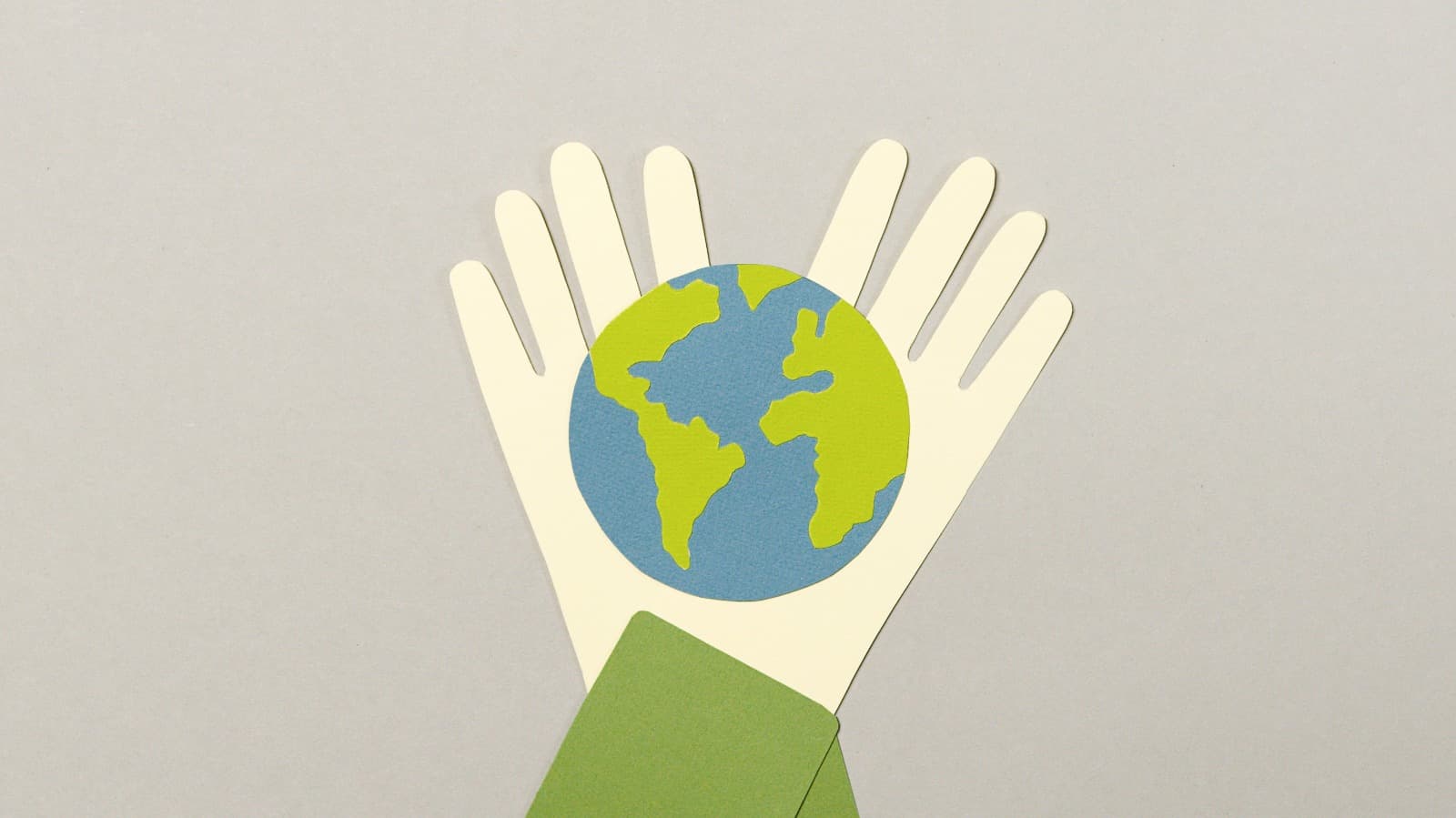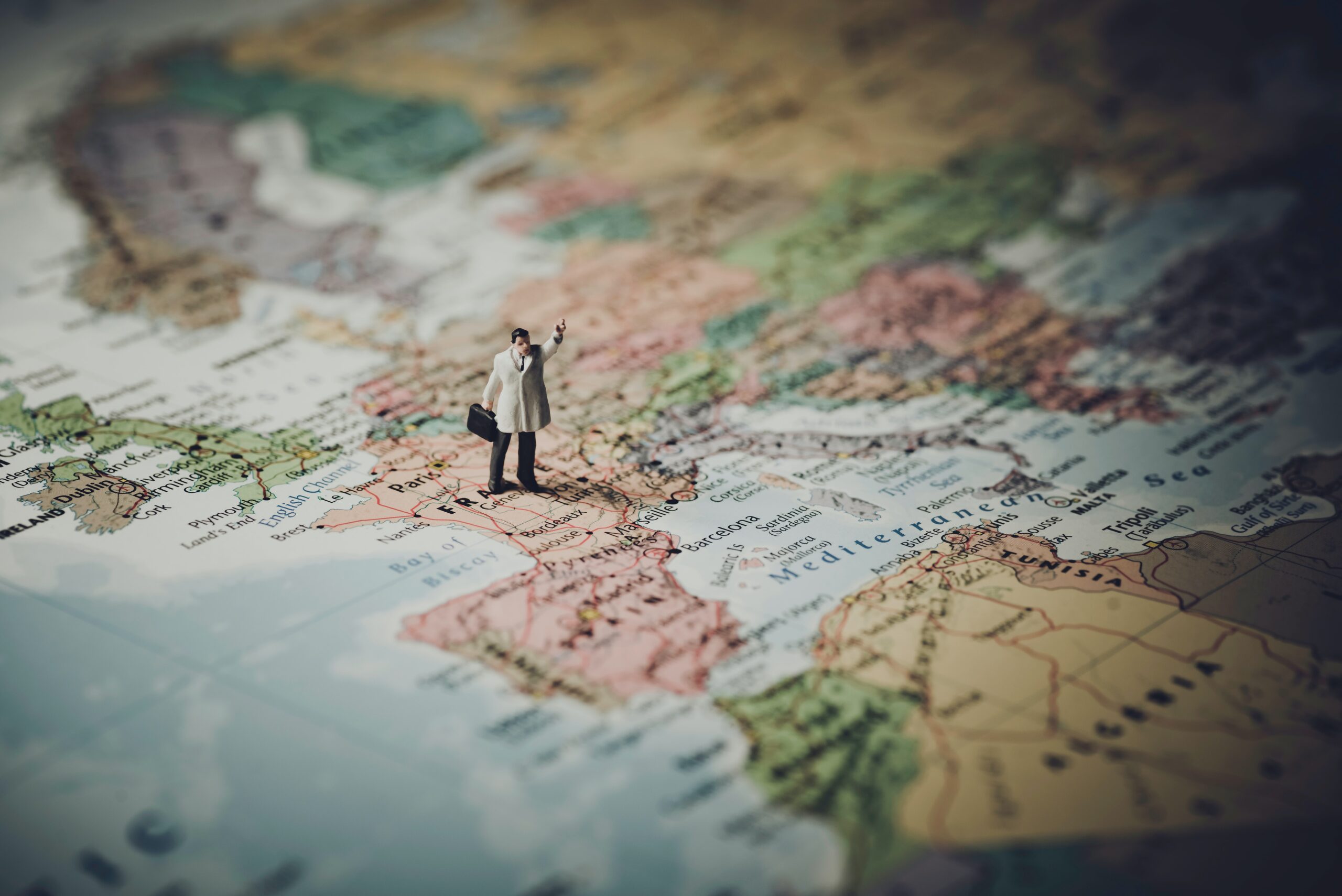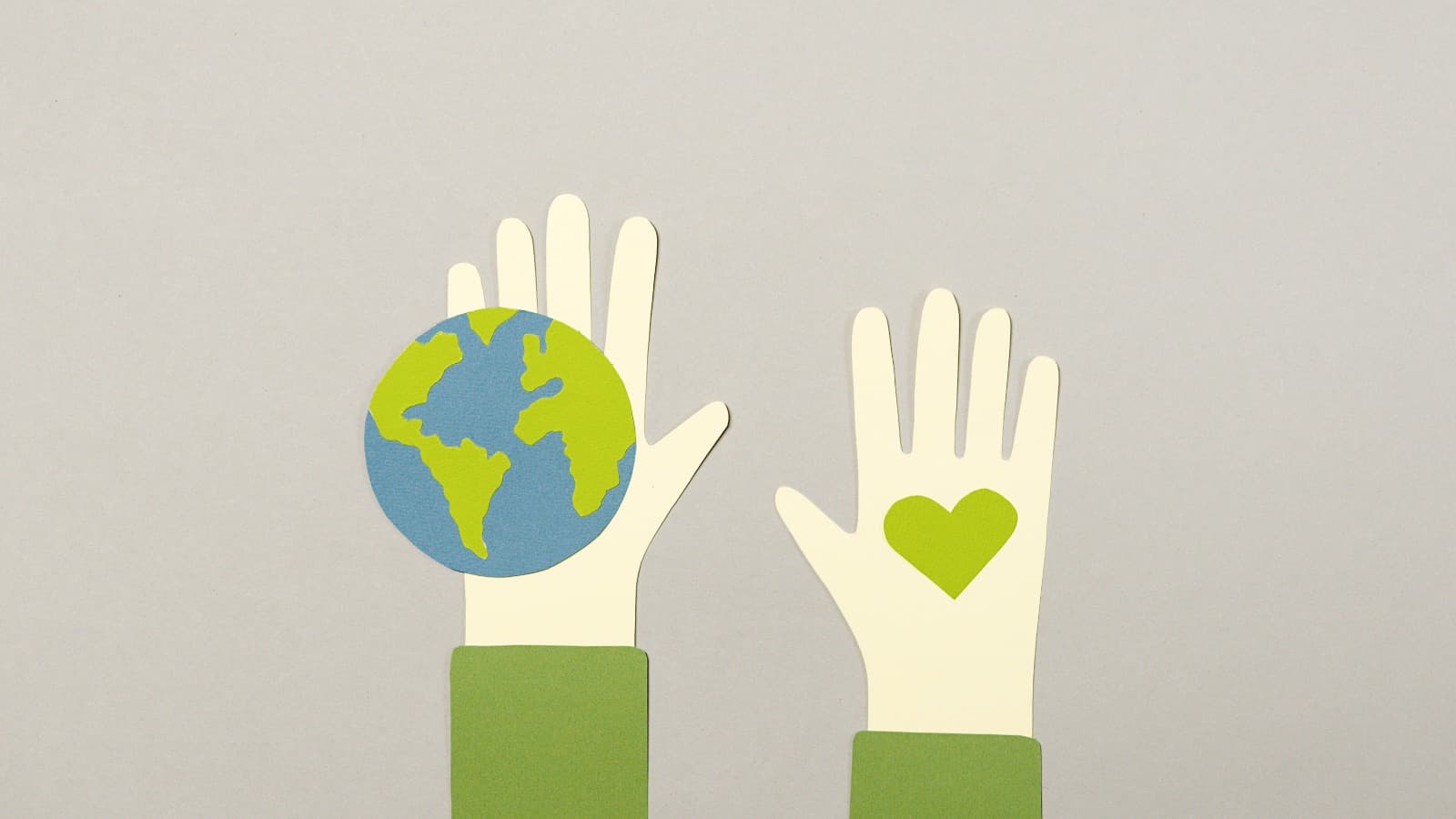Are languages useful in humanitarian aid?
People’s actions may result in disasters on a great scale. It’s wonderful that the awareness regarding unintended consequences of our actions is rising. But… there have already occurred changes in the natural environment that pose a threat to the well-being of many communities. Global challenges are no longer something we should worry about. They are something we must worry about. And humanitarian aid is just one of them.
Earthquakes, tsunamis, floods, hurricanes, droughts, volcanic activities, landslides… are only some of the disasters that affect people living in the most exposed areas.

Unfortunately, there isn’t much the habitants and humanitarian agencies can do to prevent the catastrophes. What they can do is prepare the damage control plans. For example, in the exposed areas, among others in Southeast and South Asia, there are distributed disaster education materials on how to act in case of a natural disaster.
The problem with those “guides” is that they are often accessible only in the citizens’ native language or in English.
This was a concern for a Brazilian woman who lived in Tohoku, a region in Japan. When a natural disaster happened, materials weren’t of great help. She couldn’t speak Japanese and therefore she didn’t know what to do and where to look for help. She felt completely lost as she wasn’t able to communicate with anybody. In situations like these, it’s important not to blame the victim. Following the rules of evacuation may be difficult if one simply doesn’t understand them.
To prevent such situations, it’s necessary to provide the guides in all the relevant languages.

Information is what people need in times of crisis. It’s crucial to have the disaster communication system prepared so that everyone in need may benefit from it. The information must be clear, reliable, accessible, and understandable for everyone.
“In the US, there is a requirement to provide information on disaster services to the non-English speaking group that comprises 5% or more of the affected population”
“Language Issues and Barriers”,
Jonathan Purtle, Nadia J. Siddiqui, Dennis P. Andrulis
But what about the communities which don’t fulfill this condition?
They can’t be forgotten.
People in distress are able to react faster when they see the instructions and hear the warnings in their native languages. Thanks to the linguistically and culturally adjusted materials, they also know where to ask for help and how to receive the post-disaster recovery aid. In times of crisis, it’s important to make the lives of those affected as easy as possible. The last thing they should need to worry about is understanding the evacuation plans. Saving lives is what matters the most.
Anyone who learns languages knows perfectly that the barrier to say the first word may feel unbreakable. And this is how it feels to people who are experiencing everyday struggles. Imagine how hard it must be during a crisis situation.
We, at ProLingua Global, recognize the importance of every action. Translating disaster education materials to all relevant languages is a small step. The thing is that this one, small step may save many lives and have a great impact on many futures.






0 Comments